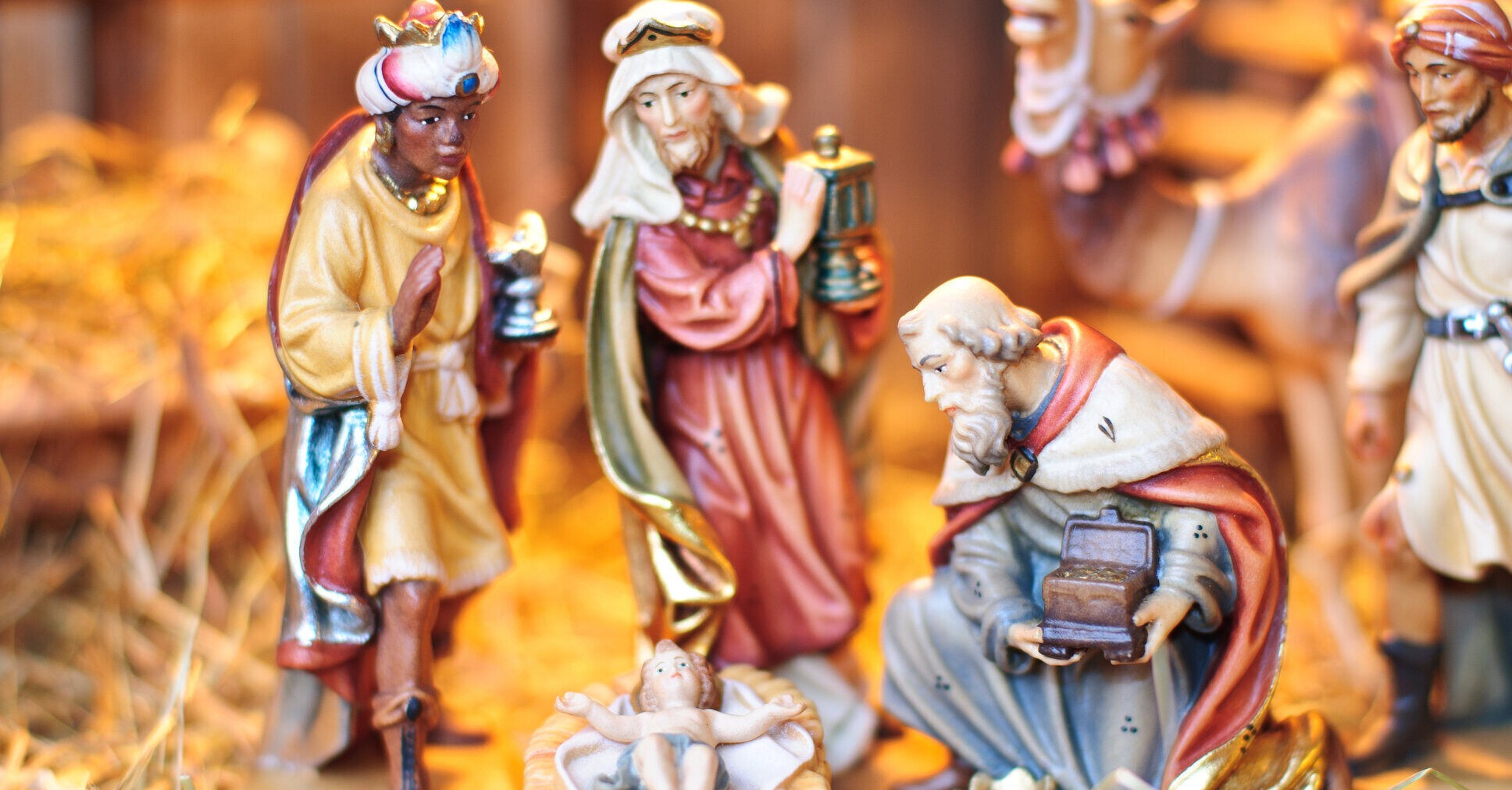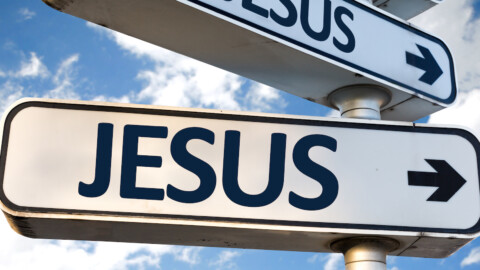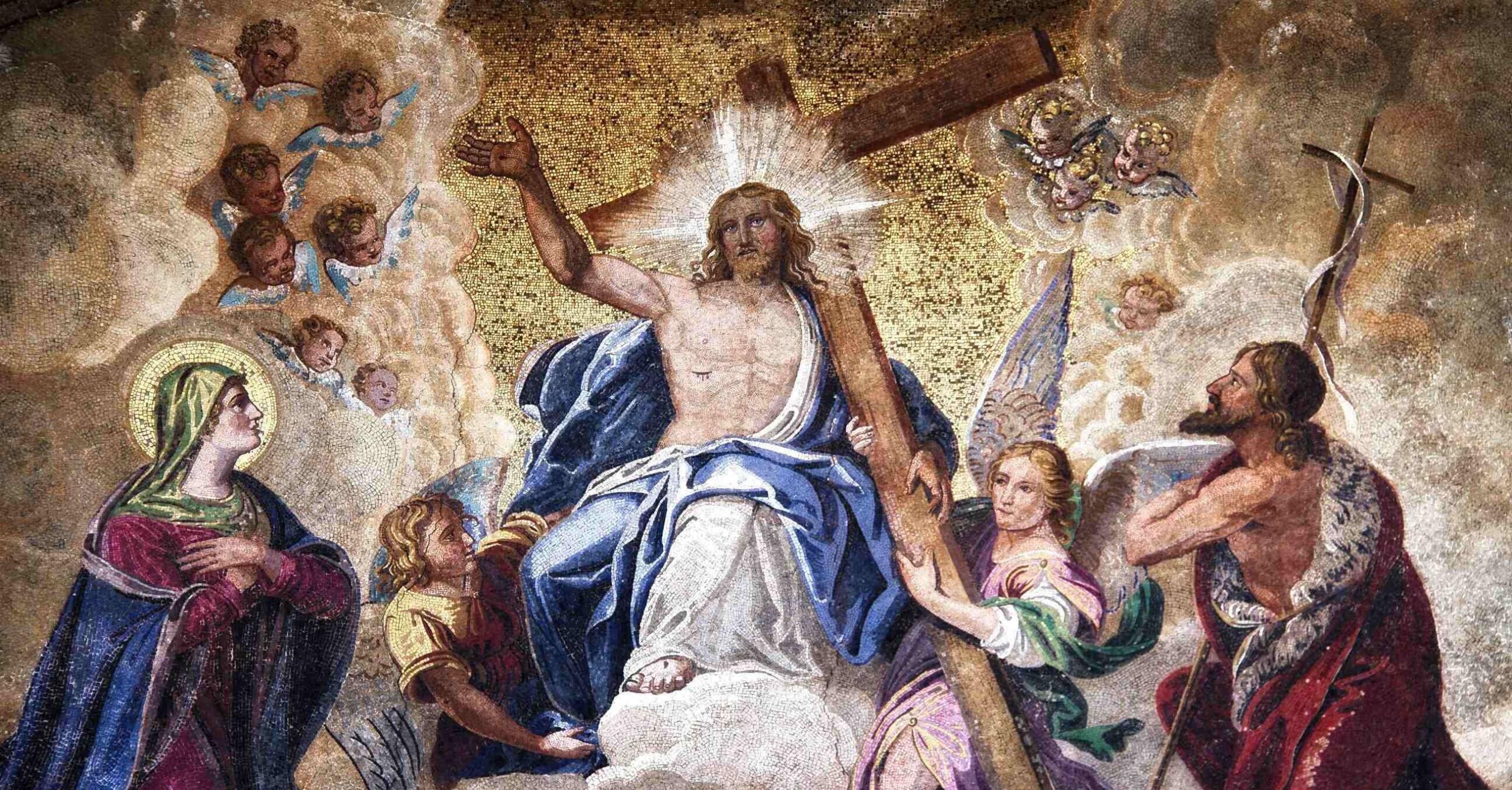1 November 2020
The season of Ordinary Time is a celebration of the death and resurrection of Jesus Christ, of which we are reminded every Sunday, that we should never forget.
- Beyond remembrance – “Do this in remembrance of Me” – we become a part and live by what Christ has done: His death and resurrection isn’t something that will happen in the future but something we can avail of in this life.
- We remember God’s saving action in history: God is transcendent, but He’s also among us through the Holy Spirit.
- We experience God’s renewing presence: as God was with the children of Israel in the desert, we understand that His presence is in our midst.
- We anticipate God’s redeeming work in the consummation of time in the new heaven and the new earth.
The feasts of Ordinary Time are Trinity Sunday, All Saints’ Day and Christ the King.
The Western Church assigned this day to celebrate all Christian saints, known and unknown, as early as 741. Those who gave their lives in following Jesus and were martyred – killed or persecuted – were more than the number of days in a year. In the East, it’s referred to as early as the fourth century. We remember those who enjoy the heavenly vision of God, who have died in God’s friendship: a multitude of men and women from all the past generations, from all walks of life and of different social status. They didn’t live to themselves but followed Christ even to death and sacrifice, and now are with Him forever.
The Feast of All Souls the following day is the commemoration of all the departed.
Human acknowledgment
We all need human acknowledgment: it’s courteous to say “thank you” when someone does us good. The film industry acknowledges annually the accomplishments of those who’ve given their best and pushed their talents to the limit to entertain audiences. The Nobel Prizes are awarded in various fields for exceptional contributions which benefit humanity. As we’re reminded of the saints, why should our praise and glorification mean anything to them? What do they care about earthly recognition when their heavenly Father honours them by faithfully fulfilling His promise of eternal bliss? They have no need of our recognition, nor does our devotion add to what is already theirs: if we remember and venerate (not worship) them, it serves not them but us.
The saints are an example
We all go through what they went through. Jesus said we’re in this world but not of this world. We strive to think about God and live a life of sanctification by loving Him each day with everything we have. We learn to love ourselves and the world less and love God more; to do what we want less, and to do what God wants to the sacrifice of self. It’s challenging without the help and sanctifying work of the Holy Spirit; it’s a race, a fight of faith. Those who have gone ahead inspire and challenge us: if they made it, we can make it; if they didn’t fear anything, even death, neither should we. When we think of the myriads of faithful who have run the race and fought their earthly battle against the flesh, the world and the devil, our hearts are inflamed with tremendous yearning.
According to Wisdom 3:1-9, some were happy about the death of those who sought to live a righteous life: their light exposed the darkness in people’s hearts, and bothered and challenged them. From heaven’s perspective, the world doesn’t deserve them, so they’re taken lest they should be polluted. Having been tested and tried, God considered them worthy to be in His presence and fellowship and to reign with Him forever.

The world may have been disgusted with them, but when we call to mind the saints, they produce in us a longing to enjoy their company. They’re our heroes to emulate, to partake of the citizenship of heaven, to dwell with the blessed, to join the assembly of the patriarchs, prophets, apostles and great martyrs. In this life we’re in the process of learning and unlearning, surrounded by things temporal, while reminding ourselves that we need to fix our hearts on things eternal. Let’s not forget that we’re on a journey, as the children of Israel journeyed to the Promised Land. We’re pilgrims passing through this life, looking ahead to what is in store for us; the best buildings man can build are at best tents.
I encourage you to read Hebrews 11:
- Abel sacrificed the best for God;
- Enoch pleased God so much that God took him to heaven without passing through death (this speaks of the resurrection);
- Noah built an ark, in the midst of people who mocked him, following God’s instruction, and walked in righteousness in the midst of an evil generation;
- By faith Abraham passed one of the greatest tests a man could face;
- Moses chose to suffer affliction with God’s people rather than enjoy the passing pleasure of sin and the world;
- All these didn’t receive what was promised then in their time – they’ve received it now.
Hebrews 12:1-2: Peter, when his eyes were focused on Jesus, walked on water; but once he focused on the wind and waves and what was around him, he started sinking. Every day we strive to focus our lives on Jesus, look to Him and try to do our very best to awaken our hearts and minds to say that God is with us to the point that things around us don’t mean anything, because there’s something greater we love.
Modern Christian martyrs
Often when we speak about Christian martyrs, we think of the second and third centuries; but on 12 February 2015, twenty Egyptian Coptic Christians, construction workers, and one from Ghana, were kidnapped in Sirte, Libya, and beheaded by militants because they refused to give up their faith in God. Their bodies were thrown into a mass grave and found two years later. Five years later, Egypt’s Coptic Orthodox Church inaugurated a memorial in Al-Our, the small village from which many of them came. They’re shown kneeling, and there’s a large statue of Christ with His arms open as if to embrace them. There’s a museum dedicated to these martyrs, revealing their lives from the moment of their abduction to the repatriation of their bodies.
We celebrate and remember those who gave their lives: in the midst of pressure, mockery and persecution, even to the point of death, they never wavered or gave up their faith, because they know that Jesus is the Giver of life. May our remembrance of them encourage us to make a step towards purity and sanctity, to trust God, to love the world and ourselves less and to love Jesus more. The Church Fathers said that he who loves the world cannot love God at the same time: he deserves to be in the world, not in heaven. There are many things we need in the world, but we shouldn’t love them – we should love the One who gave us and is giving us everything. May we be encouraged and inspired to move on and reach our finish line.









